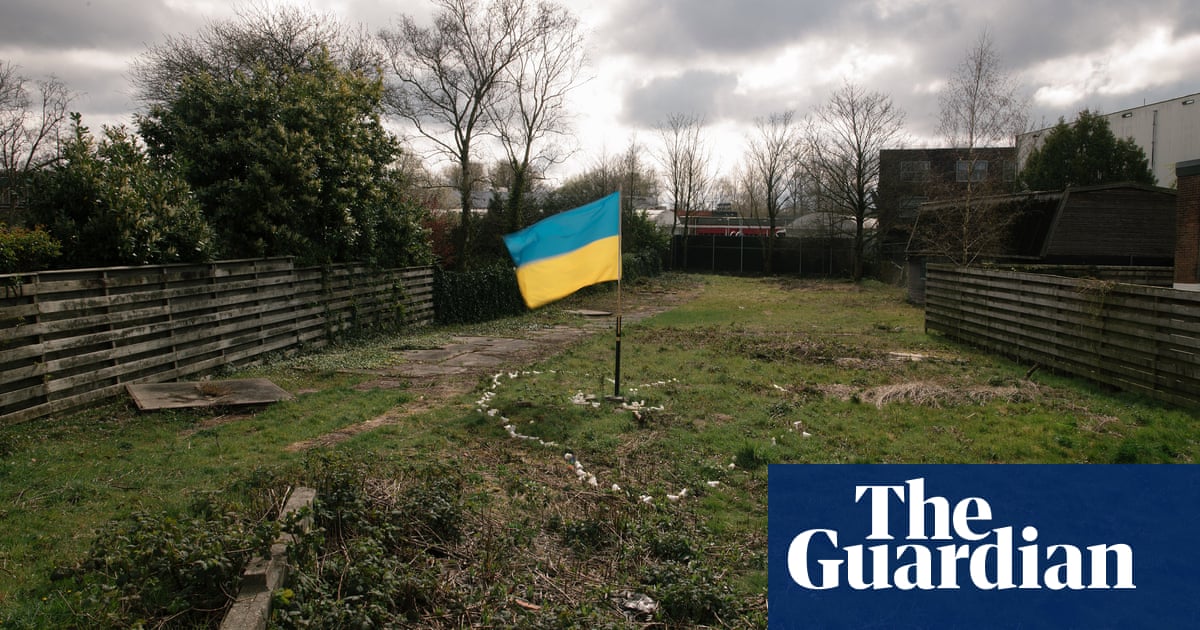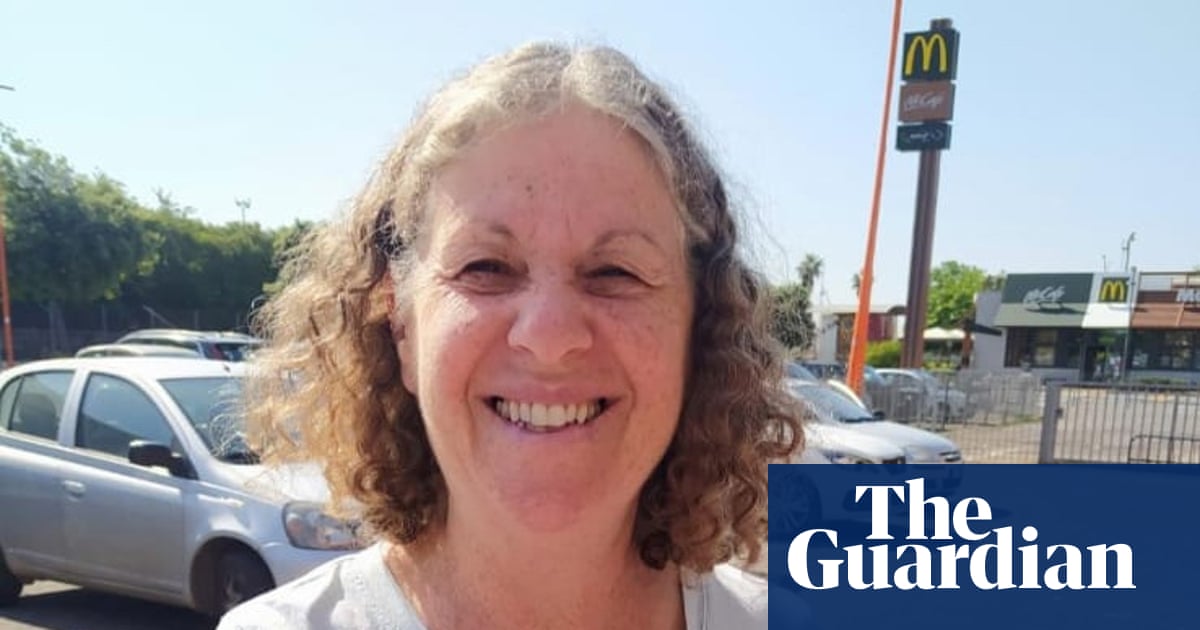
Dutch prosecutors have seized a plot of land near Amsterdam that belongs to Vladimir Putin’s former son-in-law, a joint investigation by the Guardian and two other media organisations can reveal.
The plot of land in Duivendrecht is owned by Jorrit Faassen, a Dutch businessman who was married to Maria Vorontsova, the Russian president’s elder daughter.
An entry in the Dutch land registry shows that the plot of land was seized on 12 May by the national public prosecutor’s office for financial, economic and environmental offences. The agency is responsible for enforcing sanctions compliance.
Dutch cadastre documents show that the land plot was seized as part of a criminal investigation.
According to Heleen over de Linden, a lawyer and sanctions expert, the seizure indicates that Faassen is likely to be the target of an investigation, although the exact reason for the seizure cannot be ascertained from the public documents. Dutch prosecutors would not comment on the reason for the seizure or whether Faassen was under investigation.
The investigation was carried out by Follow the Money, the Guardian and Proekt Media, a Russian investigative site.
Faassen, who lives in Moscow, was said to have faced questioning by authorities at Schiphol airport upon flying into the Netherlands recently, Proekt Media reported on Thursday, citing a source who knows Faassen.
According to the report, the person said investigators questioned Faassen on suspicion of “sanctions evasion” and confiscated his laptop and mobile phone. He quickly returned to Moscow, the person said.
Faassen did not answer phone calls or emailed questions from the Guardian about the land seizure or about the reported incident at Schiphol.
Both of Putin’s adult daughters, Maria and Katerina, were added to EU and US sanctions lists in April 2022, shortly after Russia launched its full-scale invasion of Ukraine. Faassen is not subject to any sanctions in the US, EU or UK.
Faassen married Vorontsova in 2008 but the pair are reported to have divorced. The couple have a 10-year-old son together, according to Russian media reports.
The US in March said it was launching a new crackdown on countries and individuals involved in sanctions-busting, a broad swath of activities that can range from funnelling banned imports to Russia to facilitating the financial interests of sanctioned Russians abroad.
Russia has used networks of transshipment points and other workarounds to stave off economic isolation, while activists have complained that the families of sanctioned Russian officials continue to live in Europe despite the war.
The land plot outside Amsterdam and its connection to Faassen is well known to the public. Shortly after Russia’s full-scale invasion of Ukraine began in 2022, protesters erected signs on the land calling on Putin to “Free Navalny”, referring to the imprisoned opposition leader Alexei Navalny, and for Vorontsova to tell her father to stop the war in Ukraine.
Otherwise, the 1,432 sq metre (0.35-acre) plot at Molenkade 28 in Duivendrecht, an area just south-east of Amsterdam, is fairly unremarkable. While the plot is currently empty, Faassen, the listed owner, applied in 2021 for permission to build a house and six small office buildings on the land.
In March 2022 the municipality halted the permit procedure on the grounds of Faassen’s “close ties” with Putin.












